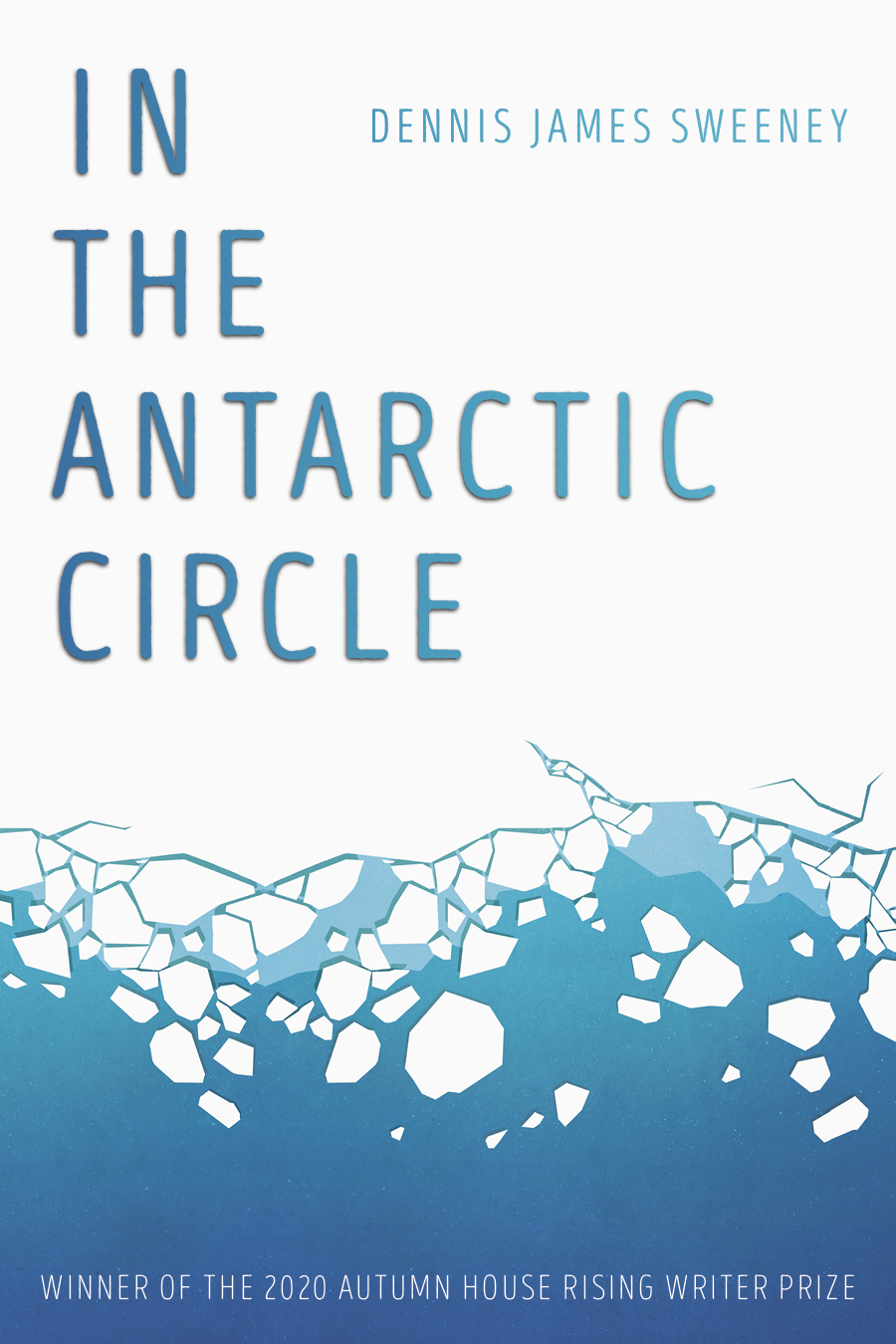Your big red hood is up. Your vision an oval framed in fur. You wear kilograms of clothing. You manhandle the winter. Tear organs from its open stomach, melt them down and eat them. The wind sneaks past. Times are sharp. You see fog. You must be still. You wait out eternities. You have to remember that the outside does not get tired. Only you. Put your altruism away. First the pancreas, then the liver. Full of winter’s bitter fat.
To celebrate National Poetry Month we are again presenting an April Celebration: 30 Poets/30 Presses (#ArmchairBookFair21), a feature we initiated last year to help promote new releases whose publicity opportunities were thwarted due to the pandemic. Please join us every day for new poetry from the presses that sustain us.





